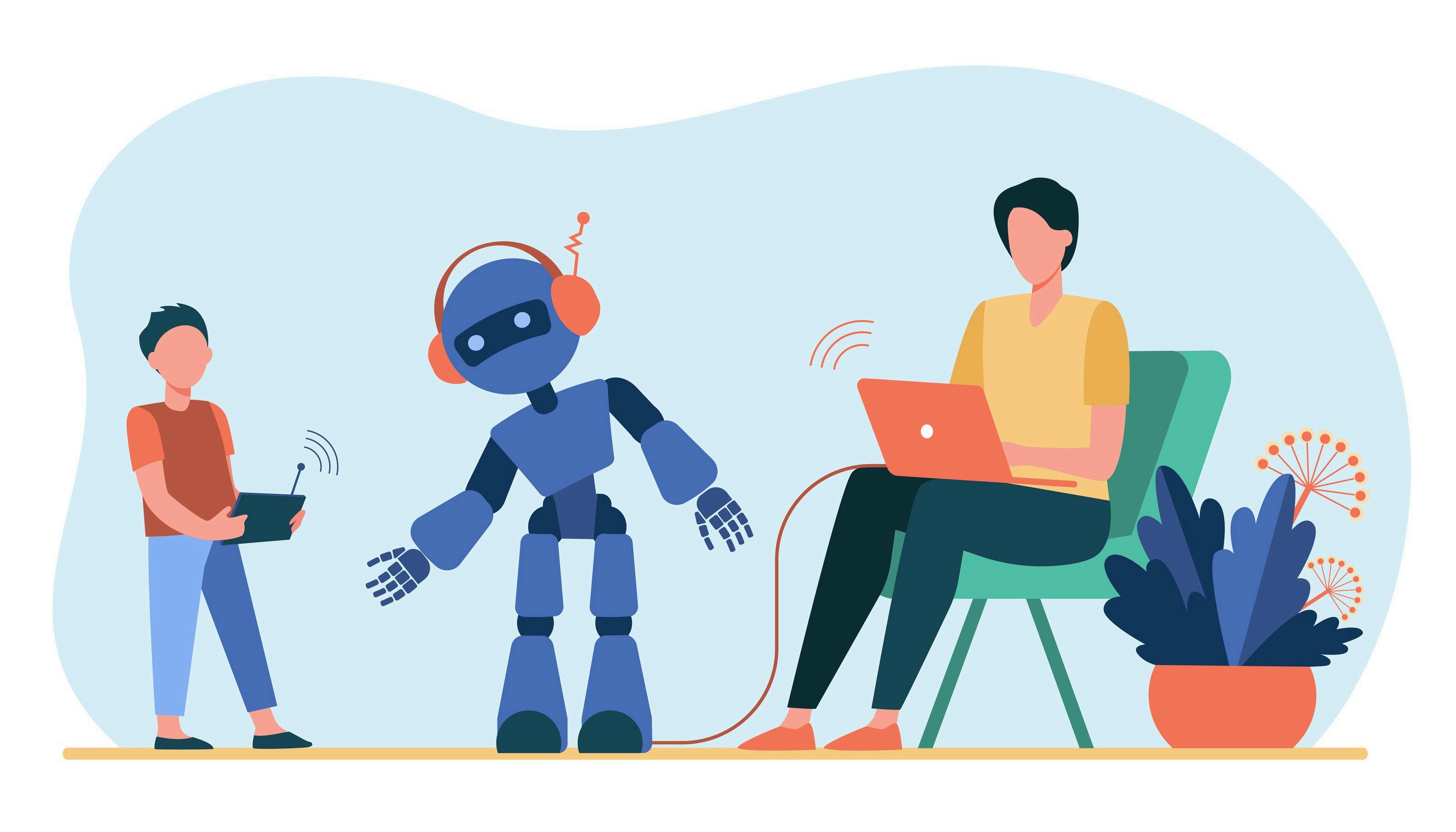

Lab lab




Lab lab



Technology has changed the way people interact with businesses, and AI chatbots have become an essential part of that shift. Companies are constantly looking for ways to provide better service, and chatbots have proven to be a powerful tool for meeting customer expectations. Their ability to adapt, respond, and create personalized experiences has made them invaluable in various industries.
Initially, chatbots were only capable of responding to basic queries using pre-set scripts. However, advancements in artificial intelligence have transformed them into sophisticated tools capable of learning from user interactions.

AI-driven chatbots can analyze behavior, recognize preferences, and generate responses that feel natural. In particular, businesses use chatbots to improve customer service, streamline operations, and boost engagement.


AI chatbots use machine learning to analyze customer data and determine patterns
AI chatbots can detect these preferences and adjust accordingly
Businesses that rely on AI chatbots can provide product recommendations based on user behavior.
AI chatbots can retain context throughout a conversation, making interactions smoother.

E-Commerce - Retail businesses use AI chatbots to provide real-time customer support, process orders, and even handle returns.

Healthcare - Healthcare providers utilize AI chatbots to schedule appointments, provide symptom checks, and remind patients about medication.
Banking and Finance - Banks have integrated AI chatbots to assist customers with account inquiries, transaction details, and financial planning.
Entertainment and Media - Content creators can use AI-driven tools like the cum on face generator to produce personalized visuals based on user specifications, demonstrating how AI can adapt to different creative needs.

AI chatbots rely on Natural Language Processing (NLP) to interpret and respond to user queries in a human-like manner.

NLP enables chatbots to understand context, detect emotions, and refine responses accordingly. As a result, users experience conversations that feel authentic rather than robotic.

Although AI chatbots have made significant progress in personalization, human intervention is still necessary in certain situations.
Some queries require emotional intelligence that AI cannot fully replicate. Consequently, businesses must strike a balance by using chatbots for routine interactions while ensuring that human representatives are available for complex issues.

Privacy Concerns - AI chatbots collect user data to provide personalized experiences, but this raises concerns about data security and privacy.

Avoiding Over-Personalization - While personalization enhances user experience, excessive tailoring can make interactions feel intrusive.
Language and Cultural Differences - AI chatbots must be designed to recognize cultural and linguistic variations. What works for one audience may not be effective for another.
AI chatbots will continue to evolve, with improvements in emotional intelligence, predictive analytics, and real-time adaptability.
As AI technology becomes more advanced, chatbots will offer even deeper personalization, making interactions more seamless and intuitive.



AI chatbots have changed how businesses interact with customers by providing personalized experiences that feel natural and engaging. Their ability to learn, adapt, and respond to user preferences makes them a valuable tool in various industries. Although challenges exist, the future of AI chatbots looks promising, with continuous advancements ensuring even greater personalization. As technology progresses, people can expect chatbots to become an even more integral part of daily interactions.
